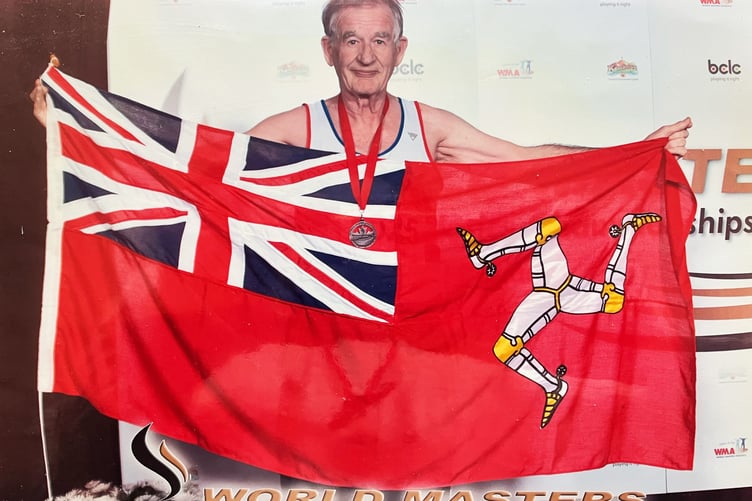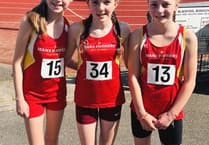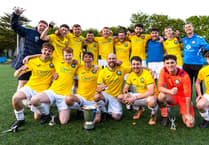All-round sportsman Henry de Silva, who retired to the north of the island in 1997, has died at the age of 90.
He remained involved with table tennis, fencing and race walking until the very end.
Henry was born on November 16, 1933 in Battersea, but grew up in Morden, South London.
He taught Physical Education all over the country but the last few years of his working career were at Charles Keene College of Further Education in Leicester.
To mark his 90th birthday, a little over two months ago, Malcolm Fare of British Veterans Fencing produced an interesting article on him.
In it, he stated that Henry started fencing when he joined the Royal Navy in 1948 at the age of 15. The following year he hitchhiked to Paris to fence at the Cité Université.
After leaving the Navy in 1952 he started the Guildford Technical College Fencing Club, going on to become match secretary for Surrey. Soon he was organising fencing trips abroad, starting with a group in a London taxi to a number of clubs in Germany.
Having qualified as a sports coach he moved to Birmingham where he established the Portland Fencing Club, which at one point had 99 members.
His greatest service to the sport was as the founder of veterans fencing in Britain and Europe. In 1980 he organised the first veterans’ epee competition, which attracted only six epeeists.
It was not held again until 1987, when he transformed it into a five-weapon national championships (women’s sabre was added in 1999) and two years later he formed the National Veterans Association (now British Veterans Fencing).
Henry travelled all round the country encouraging fencers over the age of 45 to stay on in the sport. In 1991 he formed the European Veterans’ Association and organised its first championships, persuading a handful of fencers from England and Germany to stay in converted Nissen huts in the grounds of Beaumanor Hall, near Loughborough.
From these small beginnings, the movement has grown to become one of the most successful ventures in fencing, with a national membership of around 600, biennial European championships now approaching 1,800 entries across all weapons and age groups from 40-49 to 75+ and four-yearly Commonwealth championships.
As well as regularly competing and attending international events all round the globe, Henry was life president of British Veterans Fencing, vice-president of the Commonwealth Veterans Fencing Association and a former chairman of the European Veterans Fencing Association.
In 1991 he wrote a three-weapon manual, ‘Fencing: The Skills of the Game’, a second edition of which was published in 1997.
He continued to coach and, until five years ago, fence competitively at veteran events. He was the oldest active table tennis player in the island competing for Ramsey F in Division Three (playing his last games in mid-December).
Henry was also a regular race walker. At the age of 75 he completed a 10-mile walk in 2hr 03min 19sec, which unofficially made him the fastest man in the country at that distance in his age group.
He also took part in the Parish Walk and London Marathon. When he wasn’t competing, he was helping marshal.
An eccentric character, he will be greatly missed.
Henry's funeral will take place on at St Andrew's Church, Andreas, on Saturday, February 3 at 1 pm, followed by a burial in Andreas Churchyard.


.jpeg?width=209&height=140&crop=209:145,smart&quality=75)


Comments
This article has no comments yet. Be the first to leave a comment.